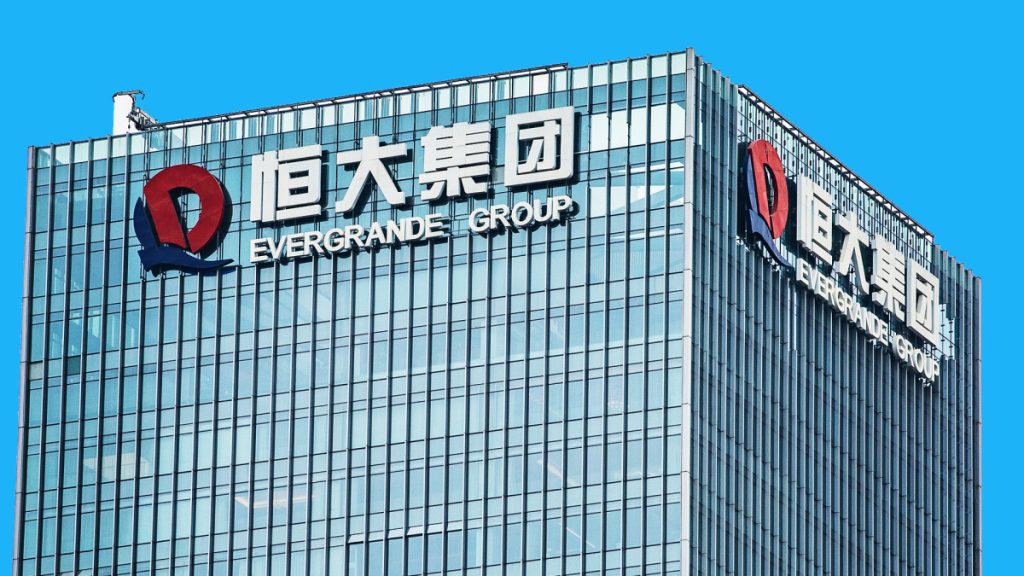
Asian markets extended their dip into the red in Monday’s session as investors digested news that trading of Chinese property firm Evergrande’s shares had been suspended.
The developer, which is more than $300bn (£221bn) in debt, later said it is expecting a takeover offer and there would be “an announcement containing inside information about a major transaction”.
Markets were closed in mainland China for a holiday, however the Hang Seng (^HSI) headed 2.3% lower overnight and Japan’s Nikkei (^N225) closed 1.1% lower.
European markets were down at the close after a choppy day, despite news of a potentially game changing new COVID-19 drug.
The experimental medicine — molnupiravir — for severe COVID cuts the risk of hospitalisation or death by about half, interim clinical trial results suggest. If approved, it would be the first oral antiviral for the virus and is made by US pharma company Merck (MRK).
Chancellor Rishi Sunak’s speech at the Conservative party conference revealed little about his future spending plans, but came with the warning that the UK’s COVID recovery would come at a cost.
The FTSE 100 (^FTSE) was down 0.1% by the closing bell. Germany’s DAX (^GDAXI) was down 0.9% and France’s CAC (^FCHI) waned 0.6%.
FTSE 100 constituent Morrisons (MRW.L) stock declined 3.7%, following confirmation that private equity firm Clayton, Dubilier & Rice (CD&R) had won an auction for the British supermarket with a £7bn bid. The confirmation brings to a close a takeover battle that has been raging since June.
“Tesco might be reporting this week but it is Sainsbury’s that has stolen the limelight today on hopes that Morrison’s spurned suitor will go shopping in other parts of the sector,” said Chris Beauchamp, chief market analyst at IG.
“As one of the more consistent performers this year the sector is clearly benefiting from further interest, although its likely that upcoming numbers from Tesco and its orange rival will reveal how much pressure the recent rise in costs is putting on the all-important profit margin.
“Supermarkets have mostly been immune from September’s volatility, but that might start to change this week.”
Oil prices also jumped ahead of an OPEC+ supply policy meeting that may decide whether a recent rally in prices can be sustained. Previous weeks have seen the oil price exceed $80 per barrel.
Over in Turkey, inflation bedded in, climbing at its fastest pace in two years in September. Inflation is now nearly at 20%, around four times the central bank’s target and the biggest yearly bump since March 2019.
US stocks were mixed in early trade, with the tech-heavy Nasdaq suffering the highest losses. The S&P 500 (^GSPC) fell 1.3%. The Dow (^DJI) fell 1% and the Nasdaq (^IXIC) was 2.1% lower.
“Investors should keep in mind that the non-farm employment change data, which is due out on Friday, is the week’s most important event. This information is critical for stock traders because the Federal Reserve will use it to assess the state of the US labour market,” said Naeem Aslam, chief market analyst at AvaTrade.
“A rise in payrolls will likely support the central bank’s stance to begin tapering before the end of 2021. Data for August came in lower than expected, with the US only adding 235,000 jobs versus the expected 500,000. It is expected that nearly 475,000 new jobs were added in September.”























